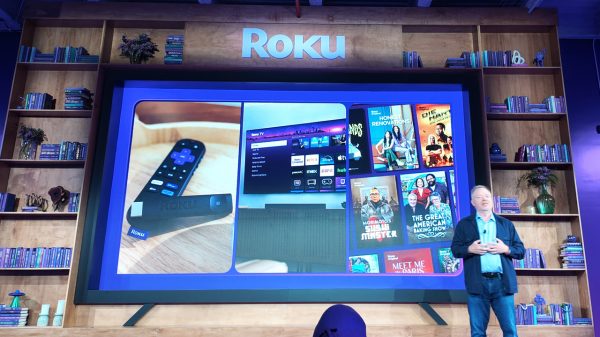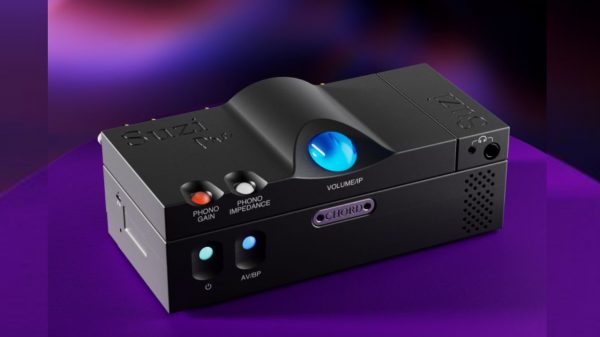Decision Decreases Legal Clarity While Increasing Likelihood of Litigation
Intent Test Establishes High Burden for Manufacturers and Entrepreneurs
Arlington, Va., June 27, 2005 – The following statement was issued by Consumer Electronics Association President and CEO Gary Shapiro regarding today’s ruling by the U.S. Supreme Court in Grokster v. MGM. The main question before the Court in this case was whether providing a technology capable of substantial noninfringing uses constitutes copyright infringement.
“The immediate impact of today’s ruling is twofold: massive uncertainty and the likelihood of massive legal bills. The Court has done little to provide a clear path for legitimate innovators and manufacturers to avoid lawsuits related to copyright infringement over legitimate products and services.
“With this ruling the Supreme Court has handed a powerful new tool to litigious content creators to stop innovation. Innovators must now consider new murky legal rules and potentially overwhelming legal costs before bringing their product to market – or even moving forward with an innovative idea. It is essentially a ‘full employment act’ for plaintiff’s attorneys and a guarantee for further lawsuits.
“While the Court appears to have sought to narrowly tailor this decision to protect technological development and provide some guidance to promote innovation, the intent test established under this ruling stands as a heavy burden. Content creators may potentially find any act as an ‘infringement to induce’ and shut down a new product or service with the threat of a lawsuit. Who knows how many innovative products and services now face a premature death as the result of this ruling?
“At the same time, the Court appears to have upheld the critical principles it established in its Betamax ruling, underscoring that products that have substantial non-infringing uses are legal even if they can be used for copyright infringement. The open question, again however, is the lack of clarity in determining intent to encourage infringement.
“As we continue to examine the full impact of this ruling we will determine the next steps in our continuing efforts to protect innovation, consumer choice and fair use rights.”
About CEA
The Consumer Electronics Association (CEA) is the preeminent trade association promoting growth in the consumer technology industry through technology policy, events, research, promotion and the fostering of business and strategic relationships. CEA represents more than 2,000 corporate members involved in the design, development, manufacturing, distribution and integration of audio, video, mobile electronics, wireless and landline communications, information technology, home networking, multimedia and accessory products, as well as related services that are sold through consumer channels. Combined, CEA’s members account for more than $121 billion in annual sales. CEA’s resources are available online at www.CE.org, the definitive source for information about the consumer electronics industry.
CEA also sponsors and manages the International CES – Defining Tomorrow’s Technology. All profits from CES are reinvested into industry services, including technical training and education, industry promotion, engineering standards development, market research and legislative advocacy.























